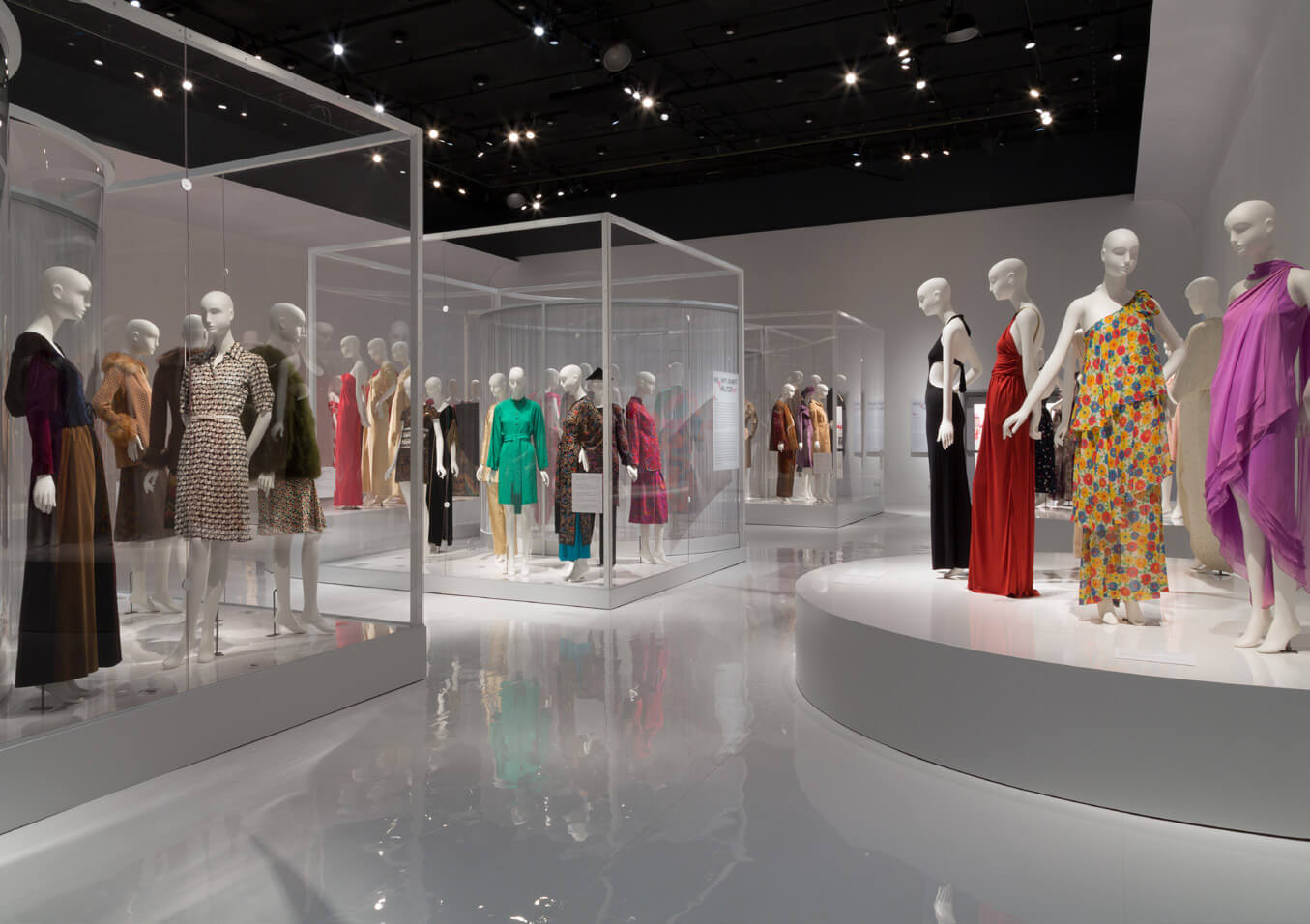In today’s digital age, the way we shop for clothes has undergone a profound transformation. With the rise of e-commerce, the fashion industry has witnessed a seismic shift in consumer behavior, as more and more people opt to purchase clothing online. The convenience, accessibility, and endless variety offered by online retailers have revolutionized the way we perceive and engage with fashion.
The Appeal of Online Clothing Shopping
One of the primary reasons for the popularity of online clothing shopping is its unparalleled convenience. With just a few clicks, consumers can browse through a vast array of clothing options from the comfort of their own homes or while on the go. This convenience is particularly appealing to busy professionals, parents, and individuals with hectic schedules who may not have the time to visit physical stores.
Moreover, online clothing retailers offer a level of accessibility that traditional brick-and-mortar stores cannot match. Geographical barriers are virtually eliminated, allowing consumers to access global fashion trends and brands regardless of their location. Whether you’re in a bustling metropolis or a remote rural area, the world of fashion is just a few keystrokes away.
Variety is another key advantage of online clothing shopping. From high-end designer labels to budget-friendly fast fashion brands, online retailers cater to a diverse range of tastes and preferences. With thousands of products available at any given moment, shoppers have the freedom to explore different styles, colors, and sizes, empowering them to express their individuality and personal style.
The Role of Technology in Online Clothing Retail
Technology plays a pivotal role in shaping the online clothing retail landscape. Advanced algorithms and data analytics are utilized to personalize the shopping experience, providing tailored recommendations based on a customer’s browsing history, purchase behavior, and preferences. This level of customization enhances user engagement and fosters brand loyalty by ensuring that shoppers discover relevant products that resonate with their tastes.
Furthermore, innovations such as augmented reality (AR) and virtual fitting rooms are revolutionizing the way consumers try on clothes online. By superimposing virtual garments onto live video feeds or uploaded photos, AR technology allows shoppers to visualize how clothing will look and fit before making a purchase, mitigating concerns about sizing and style compatibility.
Social media platforms also play a significant role in driving online clothing sales, as fashion influencers and celebrities showcase their favorite outfits to millions of followers. The rise of shoppable posts and influencer collaborations has transformed social media into a powerful marketing tool for fashion brands, enabling them to reach new audiences and drive traffic to their online stores.
Challenges and Opportunities
While online clothing retail offers numerous benefits, it also presents challenges for both consumers and retailers. One of the primary concerns for shoppers is the inability to physically try on clothes before buying them, leading to issues related to sizing, fit, and quality. To address this challenge, many online retailers offer hassle-free return policies and detailed size guides to alleviate customer apprehensions.
For retailers, fierce competition and the need to stand out in a crowded marketplace pose significant challenges. Success in online clothing retail hinges on factors such as brand reputation, customer service, and the ability to anticipate and adapt to evolving consumer trends. Additionally, concerns about sustainability and ethical fashion practices are increasingly influencing purchasing decisions, prompting retailers to prioritize transparency and eco-friendly initiatives https://diplomu-site.com/.
Looking Ahead
As technology continues to evolve and consumer preferences evolve, the landscape of online clothing retail will undoubtedly undergo further transformations. Innovations such as artificial intelligence, blockchain, and 3D printing hold the potential to revolutionize the way clothes are designed, manufactured, and distributed.
Moreover, as sustainability becomes a growing priority for consumers, we can expect to see a greater emphasis on eco-friendly materials, ethical production practices, and circular fashion initiatives within the online clothing retail sector. Brands that prioritize sustainability and social responsibility will likely gain a competitive edge and appeal to a growing segment of environmentally conscious consumers.
In conclusion, the world of online clothing retail offers a dynamic and ever-evolving landscape characterized by convenience, accessibility, and innovation. By harnessing the power of technology and embracing changing consumer preferences, online retailers have the opportunity to shape the future of fashion and redefine the way we shop for clothes in the digital age.






